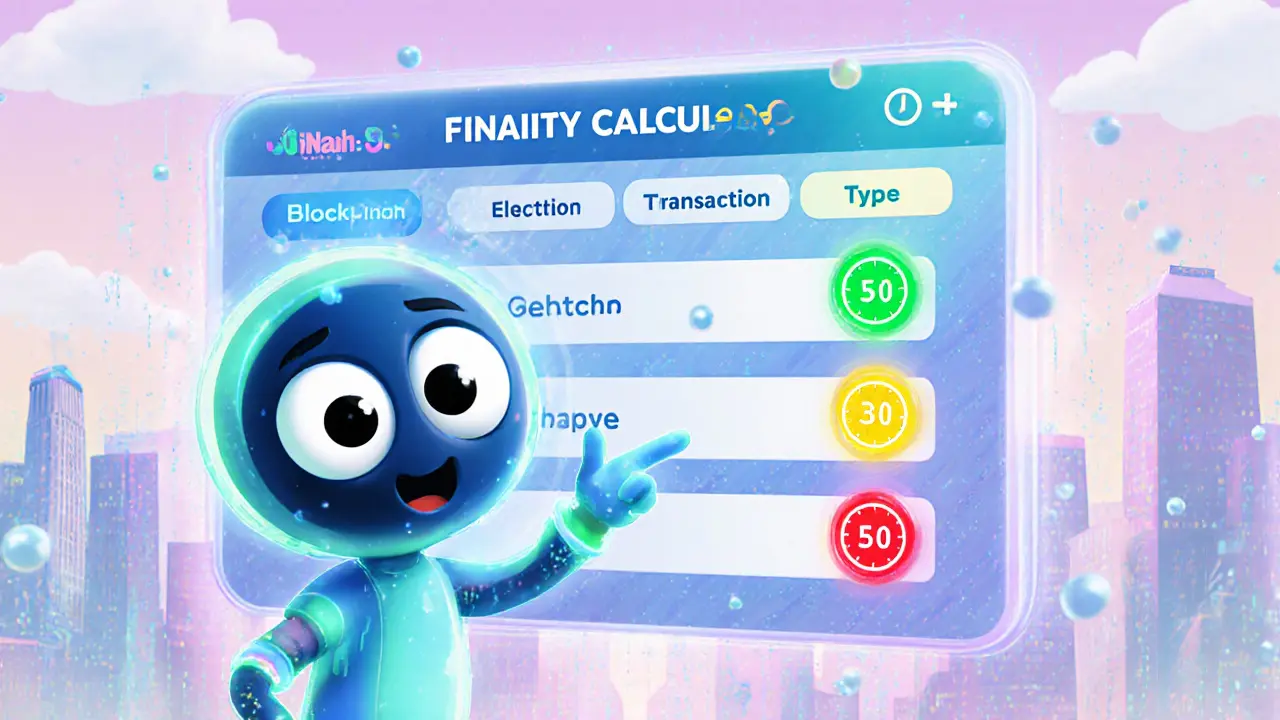Proof of Stake Explained: How Staking Shapes Crypto Consensus
When working with Proof of Stake, a consensus mechanism where validators lock up tokens to secure the network. Also known as PoS, it replaces energy‑hungry mining with economic incentives tied to token ownership. This shift lets blockchains run faster, cut costs, and lower their carbon footprint, which is why many new projects choose PoS over older models.
Key Concepts Behind Staking and Its Variants
At its core, Staking, the act of locking tokens to earn rewards and help validate transactions turns holders into active participants. Validators are selected based on the amount they stake, their uptime, and other protocol‑specific factors. Liquid Staking, a newer approach that lets users earn staking yields while keeping their assets tradable adds flexibility: you receive a derivative token representing your stake, which you can swap, lend, or use in DeFi without breaking the validator’s security guarantees. This hybrid model bridges the gap between pure staking and the broader crypto economy, letting you earn rewards and still engage in lending, borrowing, or yield farming.
Many readers still compare PoS with the older Proof of Work, the mining‑based consensus where computers solve cryptographic puzzles. While PoW secured Bitcoin’s network for over a decade, it consumes massive electricity and favors specialized hardware. The debate often centers on security versus sustainability: PoW offers proven resistance to attacks through raw computational power, whereas PoS leans on economic penalties and token distribution to deter bad actors. Understanding this trade‑off helps you evaluate why a project might choose one method over the other and what that means for users, investors, and developers.
Below you’ll find a curated set of articles that dive deeper into these ideas. We cover everything from simple staking guides and liquid‑staking token breakdowns to comparative analyses of PoS vs. PoW, tokenomics of staking coins, and real‑world use cases like Meta Pool DAO’s liquid staking on Aurora. Whether you’re a beginner looking to lock up a few tokens or a seasoned trader assessing validator rewards, the posts ahead give practical insights you can act on right away.

